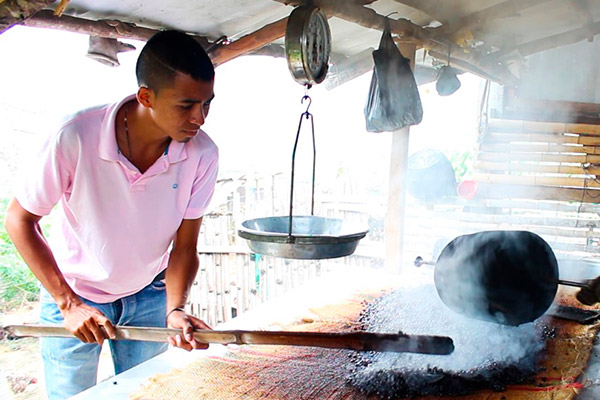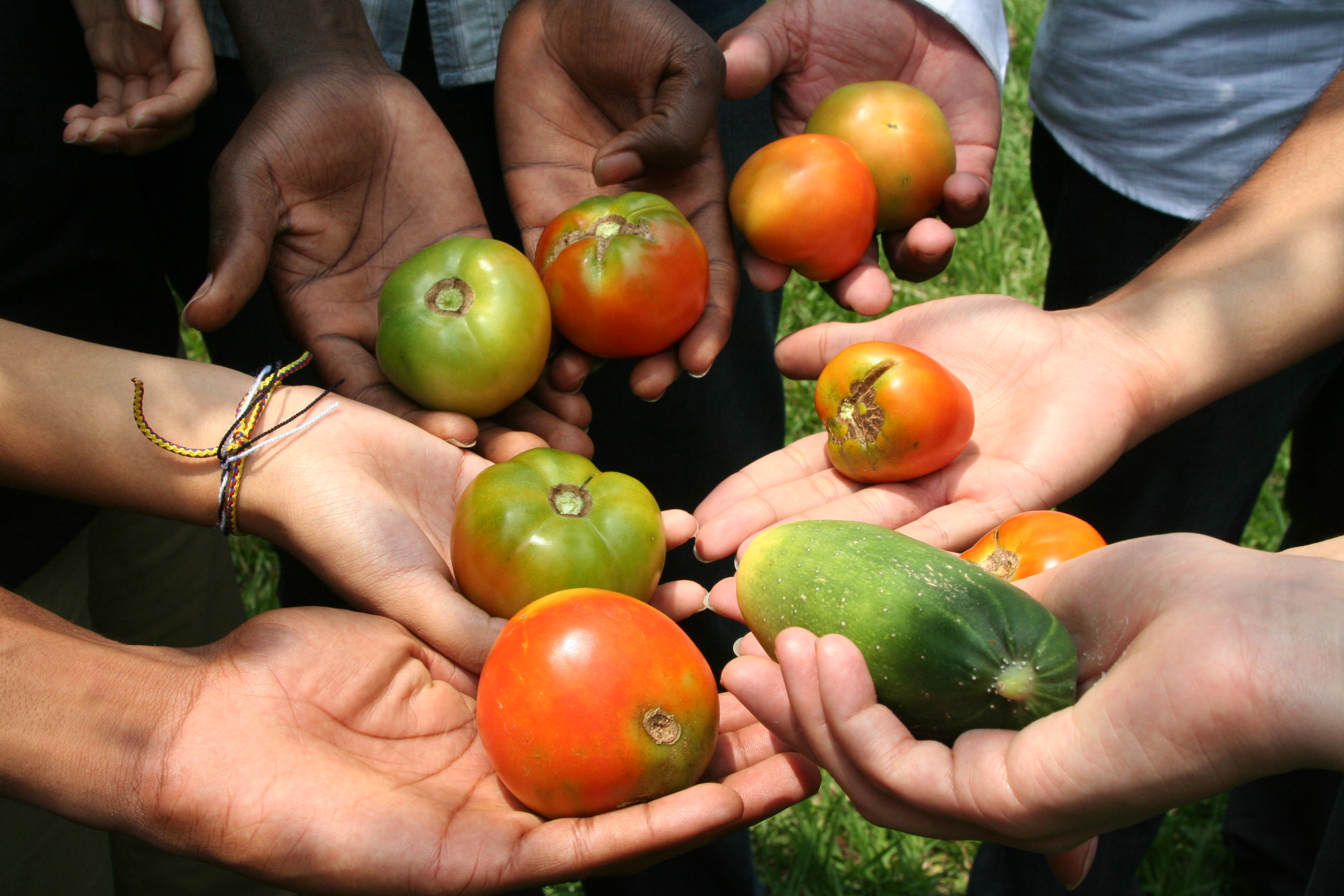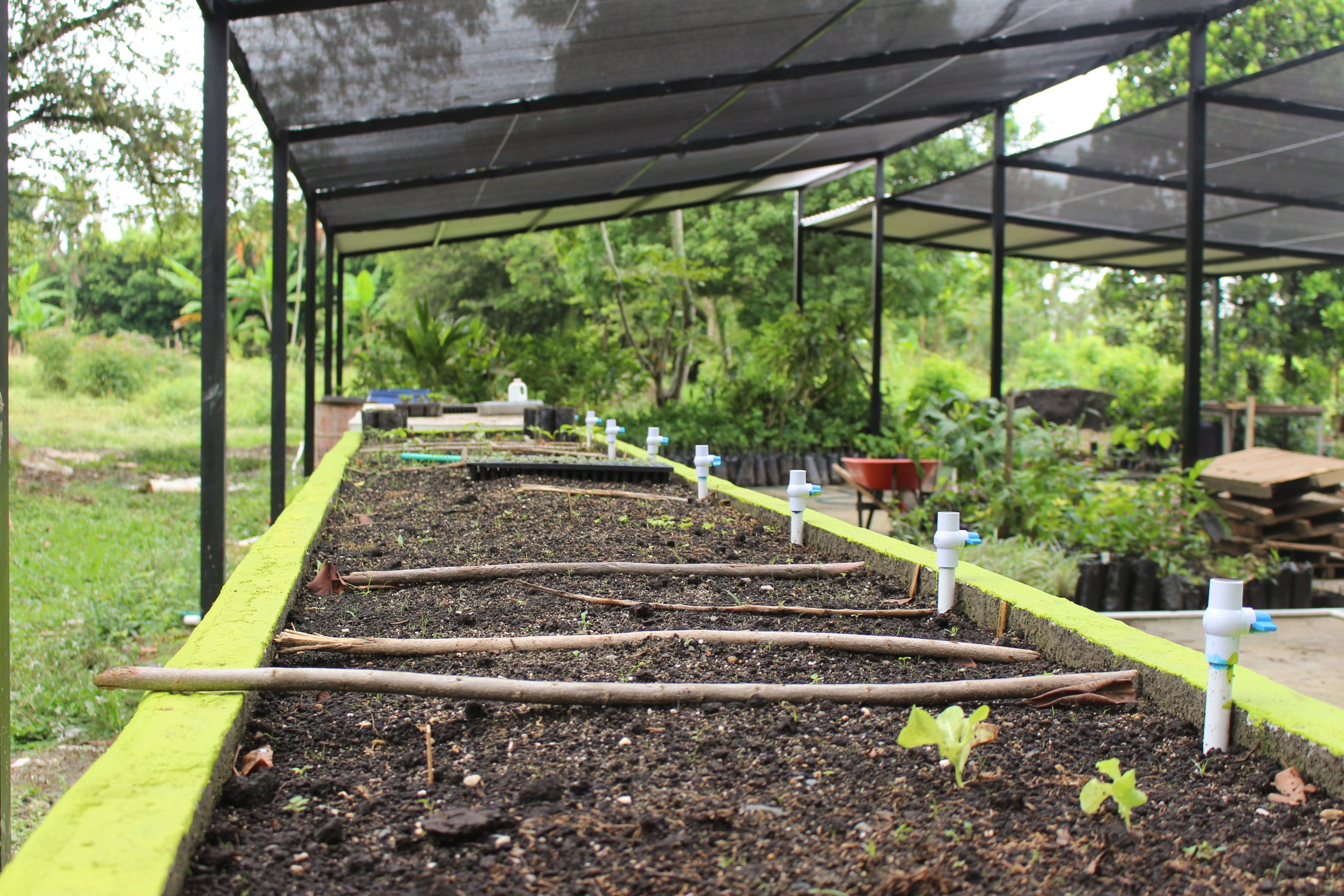Productive projects are a cornerstone of the Preparation for Social Action (PSA) program, combining education with hands-on practice to prepare students for real-world challenges. Through these initiatives, youth learn how to design, plan, implement, and evaluate a project from start to finish—turning ideas into action.
Every PSA group must complete at least one collective project before graduation. While many of these initiatives focus on agriculture, students have also explored diverse opportunities such as food preparation and sales, handicrafts, and the processing and marketing of local products. Examples range from raising chickens and pigs, to establishing vegetable gardens, to running small food businesses.
In the process, participants not only gain technical know-how but also develop administrative and entrepreneurial skills—laying the groundwork for future livelihoods and community impact. These projects unfold in three levels of practice:

Small, required projects built into the curriculum that allow students to cycle through several rounds of production and sales, reinforcing learning by doing.

Modest, student-driven activities—such as a household garden or raising hens—that provide space to test ideas and build confidence.

Larger, more sustainable ventures that may require seed capital and could grow into thriving small businesses, potentially strengthened through the support of a seed fund. In every case, the aim is not only economic activity but also the empowerment of youth as capable leaders who bring creativity, discipline, and service-mindedness to their communities.